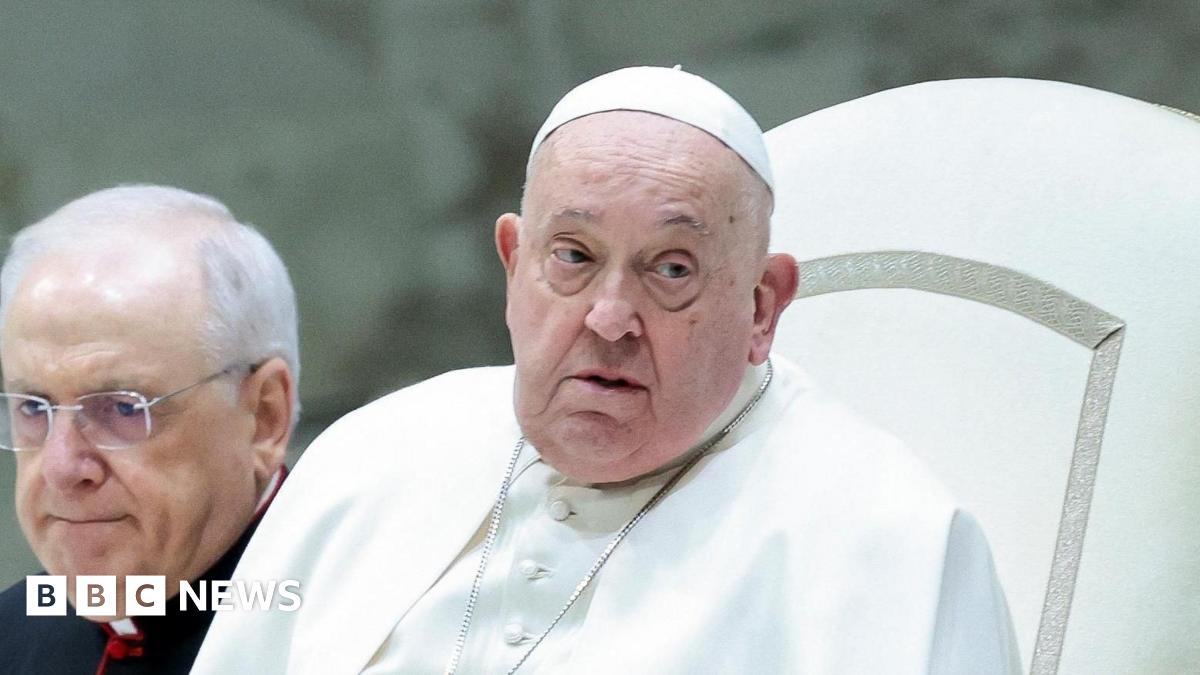The AfD's Rise In Germany: Influence, Ideology, And International Connections

Table of Contents
The AfD's Rise in Germany: Influence, Ideology, and International Connections
BERLIN – The Alternative for Germany (AfD), once a fringe party, has solidified its position as a significant force in German politics, prompting widespread concern and analysis of its influence, ideology, and international ties. Its electoral success, fueled by a potent mix of anti-immigrant sentiment, Euroscepticism, and a rejection of established political norms, has reshaped the German political landscape and sparked international debate.
The AfD's rise can be traced to the 2015 refugee crisis. While initially focused on economic liberalism and opposition to the euro, the party swiftly capitalized on public anxieties surrounding mass immigration, framing itself as a defender of German national identity and culture. This narrative resonated with a segment of the population feeling left behind by globalization and frustrated with the mainstream political establishment. The party's subsequent electoral gains, reaching double-digit percentages in several state elections and becoming the largest opposition party in the Bundestag (the German federal parliament), underscore its significant influence.
Ideologically, the AfD is a complex and internally divided party. While lacking a singular, coherent ideology, several distinct factions exist within its ranks. A prominent strand is characterized by right-wing populism, emphasizing nationalist sentiment, anti-immigrant rhetoric, and a critique of multiculturalism. Another faction espouses a more economically liberal platform, advocating for deregulation and tax cuts. However, even within these factions, there are significant internal disagreements on strategy and specific policy proposals. The party's official program blends elements of economic liberalism with a strong emphasis on national sovereignty and cultural conservatism, often employing inflammatory language to target minority groups and political opponents. This internal diversity, while creating internal tensions, also allows the AfD to appeal to a broad spectrum of disaffected voters.
The AfD's international connections are a subject of ongoing scrutiny. While the party denies close ties to extremist groups, evidence suggests links to far-right and nationalist movements across Europe. These connections are often facilitated through informal networks and shared ideological affinities, rather than formal organizational structures. The party has been observed participating in international conferences and events alongside other far-right parties, and several AfD members have voiced support for leaders and movements known for their anti-democratic tendencies. However, pinpointing precise levels of collaboration and influence remains challenging due to the often opaque nature of these relationships. Concerns remain about the potential for the transfer of funds, strategies, and propaganda across borders, potentially influencing the political landscape in multiple countries.
The AfD's influence extends beyond electoral success. Its presence in state parliaments and the Bundestag has allowed the party to shape the national political agenda, forcing mainstream parties to address issues such as immigration and national identity in ways that previously were deemed politically untenable. This has led to a significant polarization of German politics, increasing social divisions and creating a more challenging environment for political compromise.
The long-term impact of the AfD's rise remains uncertain. While recent polls indicate a slight decline in support, the party continues to represent a powerful voice in German politics, highlighting deep-seated societal anxieties and cleavages. Understanding its ideology, internal dynamics, and international connections is crucial for comprehending the current state of German politics and the broader European political landscape. Continued research and careful observation are essential to assess the evolving influence of this significant political force.

Featured Posts
-
 Elon Musk And Peter Thiel The Af Ds Surprising International Links
Feb 24, 2025
Elon Musk And Peter Thiel The Af Ds Surprising International Links
Feb 24, 2025 -
 Apple Faces Uk Privacy Backlash Over Data Handling
Feb 24, 2025
Apple Faces Uk Privacy Backlash Over Data Handling
Feb 24, 2025 -
 Is Justin Crawford The Answer To The Phillies Center Field Woes
Feb 24, 2025
Is Justin Crawford The Answer To The Phillies Center Field Woes
Feb 24, 2025 -
 Justice Denied A Mothers Quest For Revenge After Her Sons Death
Feb 24, 2025
Justice Denied A Mothers Quest For Revenge After Her Sons Death
Feb 24, 2025 -
 Delayed Prisoner Release Follows Israeli Hostage Release
Feb 24, 2025
Delayed Prisoner Release Follows Israeli Hostage Release
Feb 24, 2025
Latest Posts
-
 Pope Francis Condition Remains Critical After Restful Night
Feb 25, 2025
Pope Francis Condition Remains Critical After Restful Night
Feb 25, 2025 -
 The Trump Effect Reshaping The Us Military Through A Leadership Purge
Feb 25, 2025
The Trump Effect Reshaping The Us Military Through A Leadership Purge
Feb 25, 2025 -
 The Lockerbie Memorial A Sculpture Of Maternal Grief And Remembrance
Feb 25, 2025
The Lockerbie Memorial A Sculpture Of Maternal Grief And Remembrance
Feb 25, 2025 -
 Utahs Wilds Father Son Lost And The Backpack That Saved Them
Feb 25, 2025
Utahs Wilds Father Son Lost And The Backpack That Saved Them
Feb 25, 2025 -
 Israel Frees Hostages But Prisoner Swap Faces Delays
Feb 25, 2025
Israel Frees Hostages But Prisoner Swap Faces Delays
Feb 25, 2025
